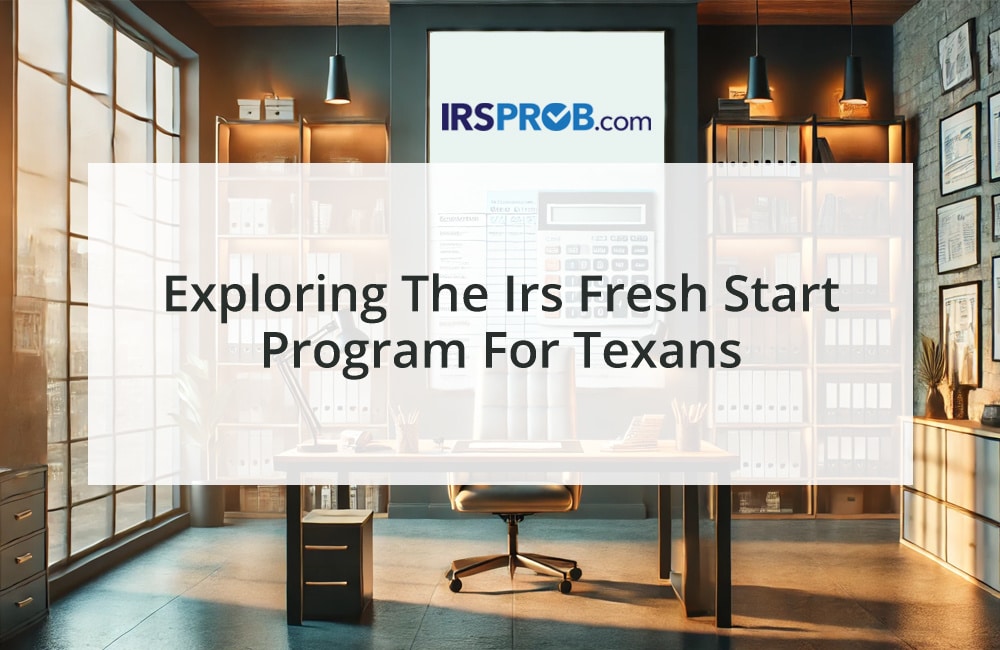
Audits are among the most intimidating experiences a business owner can face. When the IRS calls, it’s natural to feel uneasy. However, with the right understanding and preparation, you can navigate this process more smoothly. Here’s a comprehensive guide to help business owners understand IRS audits and how to handle them effectively.
Understanding the IRS Audit Process
The IRS uses various methods to select returns for audits. One common method is matching information reported on tax forms like W-2s and 1099s with what was reported on the tax return. If the income you report doesn’t match these forms, you might receive an audit notice.
For businesses, particularly sole proprietorships filing Schedule C (Form 1040), the chances of being audited increase due to factors such as unreported income, significant losses, or participation in bartering transactions. Bartering—exchanging goods or services without cash—still counts as income, and the IRS can issue a Form 1099-B for such exchanges.
Another key area of focus for the IRS is worker classification. Many businesses classify workers as independent contractors to avoid paying employment taxes, but the IRS may conduct audits to determine whether these individuals should be reclassified as employees.
Types of IRS Audits
Audits can vary in complexity and scope. Here’s a breakdown of the primary types of audits:
- Correspondence Audits: These audits are conducted by mail. If the IRS finds discrepancies, you will receive a CP 2000 or CP 2057 notice. These notices propose changes based on unreported income or errors. You have 30 days to respond, either agreeing or disputing the proposed changes.
- Field Audits: This is a more thorough in-person audit where a Revenue Agent will examine your financial records. You’ll receive a letter to schedule the audit at a convenient time and location. Having a tax professional represent you in this process is crucial.
The Importance of Representation
Facing an IRS audit without a tax professional is risky. The Revenue Agent’s job is to uncover any discrepancies that could lead to additional taxes owed. Without a firm understanding of tax laws and a solid defense, you could be vulnerable. A tax professional, such as an Enrolled Agent (EA) or a CPA, is trained to navigate the complexities of an audit, refute the agent’s rationale, and ensure your rights are protected.
Preparing for an Audit
The best strategy is to prepare for an audit long before you receive a notice. Keep your financial records organized and accessible. This includes receipts, invoices, bank statements, and any documents that support your deductions or income claims. When preparing for an audit, it’s essential to approach it from the auditor’s perspective. Look for areas in your return where the IRS might question your claims, such as large deductions or unusual losses. This pre-audit preparation can significantly reduce the stress and complexity of the actual audit.
For sole proprietors, losses reported on Schedule C over multiple years are red flags. If your business doesn’t generate a profit, the IRS may attempt to reclassify it as a hobby, which could disallow your deductions.
Dealing with the Outcome of an Audit
Once the audit concludes, you may receive one of the following letters:
- No Change Letter: If the IRS accepts your return as filed, you will receive this letter, indicating that no additional tax is due.
- 30-Day Letter: If the IRS proposes changes, you have 30 days to either agree with the changes or file an appeal.
- 90-Day Letter: If you fail to respond to the 30-Day Letter, the IRS will issue a Notice of Deficiency. You then have 90 days to either pay the tax or file a petition in Tax Court.
If you disagree with the audit findings, you have the right to appeal the decision. This can involve mediation or requesting a meeting with the examiner’s supervisor.
Key Takeaways for Business Owners
- Be Proactive: Keep meticulous records of all income, deductions, and credits. Proper documentation is essential in defending your tax position.
- Get Professional Help: A tax professional can provide invaluable assistance during an audit. They understand the gray areas of tax law and how to effectively dispute claims.
- Understand the Process: Audits can be conducted through the mail or in person, and each has its own set of procedures and challenges.
- Prepare for Appeals: If you disagree with the IRS findings, know your rights and appeal options.
Conclusion
Facing an IRS audit can be daunting, but preparation and professional guidance can make all the difference. At IRSProb.com, we specialize in helping business owners navigate the complexities of IRS audits and protect their financial interests. Don’t face an audit alone—reach out to our team of experienced professionals for expert advice and representation.
By staying informed and proactive, you can reduce your audit risk and respond effectively if the IRS comes calling.









